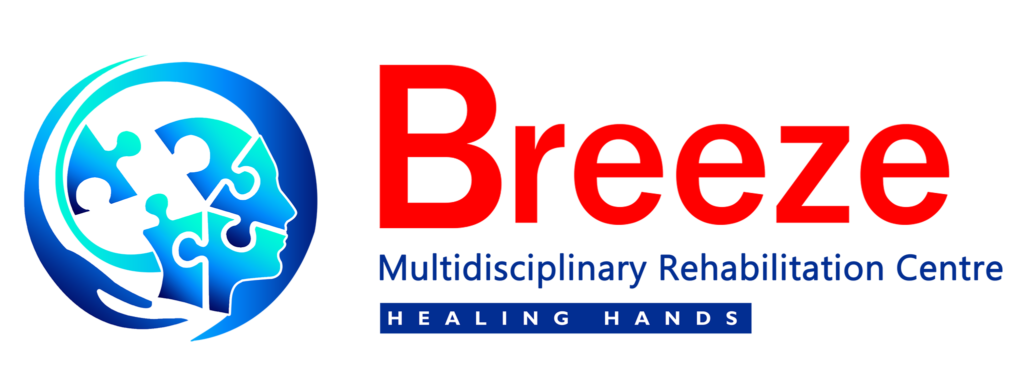Behavior modification therapy is a type of psychological treatment that focuses on changing an individual’s problematic or undesirable behaviors. The goal of behavior modification therapy is to help individuals develop more adaptive and positive ways of coping with challenges in their lives. This approach typically involves setting goals and using techniques such as positive reinforcement, classical conditioning, operant conditioning, and social learning theory to modify behavior.
Behavior modification therapy is a psychotherapeutic intervention primarily used to eliminate or reduce maladaptive behavior in children or adults. While some therapies focus on changing thought processes that can affect behavior, behavior modification focuses on changing specific behaviors with little consideration of a person’s thoughts or feelings.
It can be used to treat a wide range of mental health and behavioral issues, including anxiety disorders, mood disorders, substance use disorders, eating disorders, and attention-deficit/hyperactivity disorder (ADHD). It can also be used to help individuals manage chronic health conditions such as obesity and chronic pain.
The specific techniques and approach used in behavior modification therapy can vary depending on the individual’s needs and the type of behavior being targeted. Treatment typically involves working with a licensed mental health professional, such as a psychologist or therapist, who can help individuals identify the root causes of their problematic behaviors and develop a personalized plan for change.


